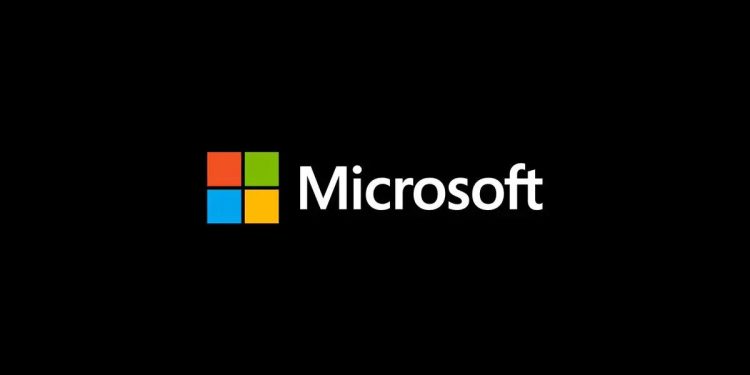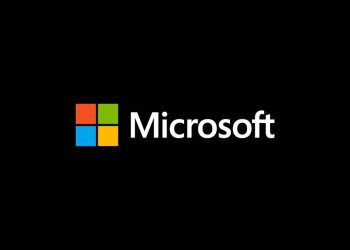Microsoft has laid out a four-part plan to clamp down on cheating in online games, and it goes further than just forcing Secure Boot. The company says it will rely on the Trusted Platform Module 2.0, Secure Boot, firmware updates, and a new Remote Attestation system that can verify a player’s system state before allowing them into matches. The announcement appeared alongside the launch push for Call of Duty: Black Ops 7. At its simplest, Remote Attestation is a way for a server to ask a PC whether its security features are enabled and whether its firmware appears stock. Microsoft frames this as a tool for developers to build “trusted communities” by ensuring that machines connecting to online services haven’t had their protections turned off or tampered with. The company says keeping firmware and security features up to date and enabling TPM 2.0 and Secure Boot will help.
Secure Boot requirements have already popped up in modern multiplayer releases. Activision announced Secure Boot and TPM 2.0 for the Black Ops 7 beta. We previously covered that shift in platform requirements and how it affected players trying to run games on older or custom setups. Black Ops 7 beta Secure Boot requirement gave a first look at how far publishers will go to stop hackers. Remote Attestation raises different questions. It lets a game or service verify more than a single boot flag. It can confirm firmware versions, attest that kernel protections are in place, and report whether known anti-cheat hooks are reachable. For developers and smaller studios, this could be useful. For players who mod, tinker, or run alternative operating systems it is an obvious point of friction.
Privacy and control concerns are likely to follow. A verification system that reports system state needs rules about what it reads and what it stores. Microsoft says it is working with partners to build the tools and standards for safer play. The company also positions these measures as an extension of the protections already in place on modern Xbox hardware. That means the same ideas could spread across PC games that demand tight online security. There are trade-offs. Cheating wrecks multiplayer matches, and developers want reliable tools to fight it. But Remote Attestation also narrows what players can do with their own machines when online play depends on an approved system state. Expect debate to continue as more titles adopt stricter checks.
Join the conversation and follow us on X, Bluesky, and YouTube.

























